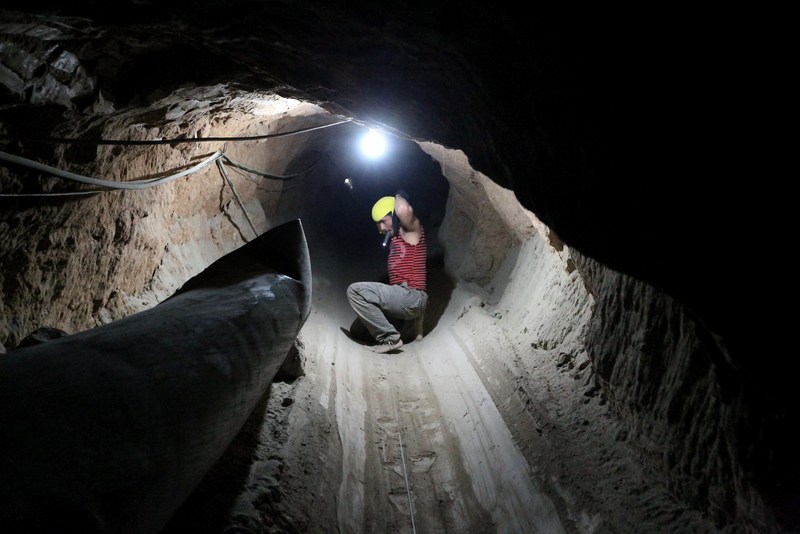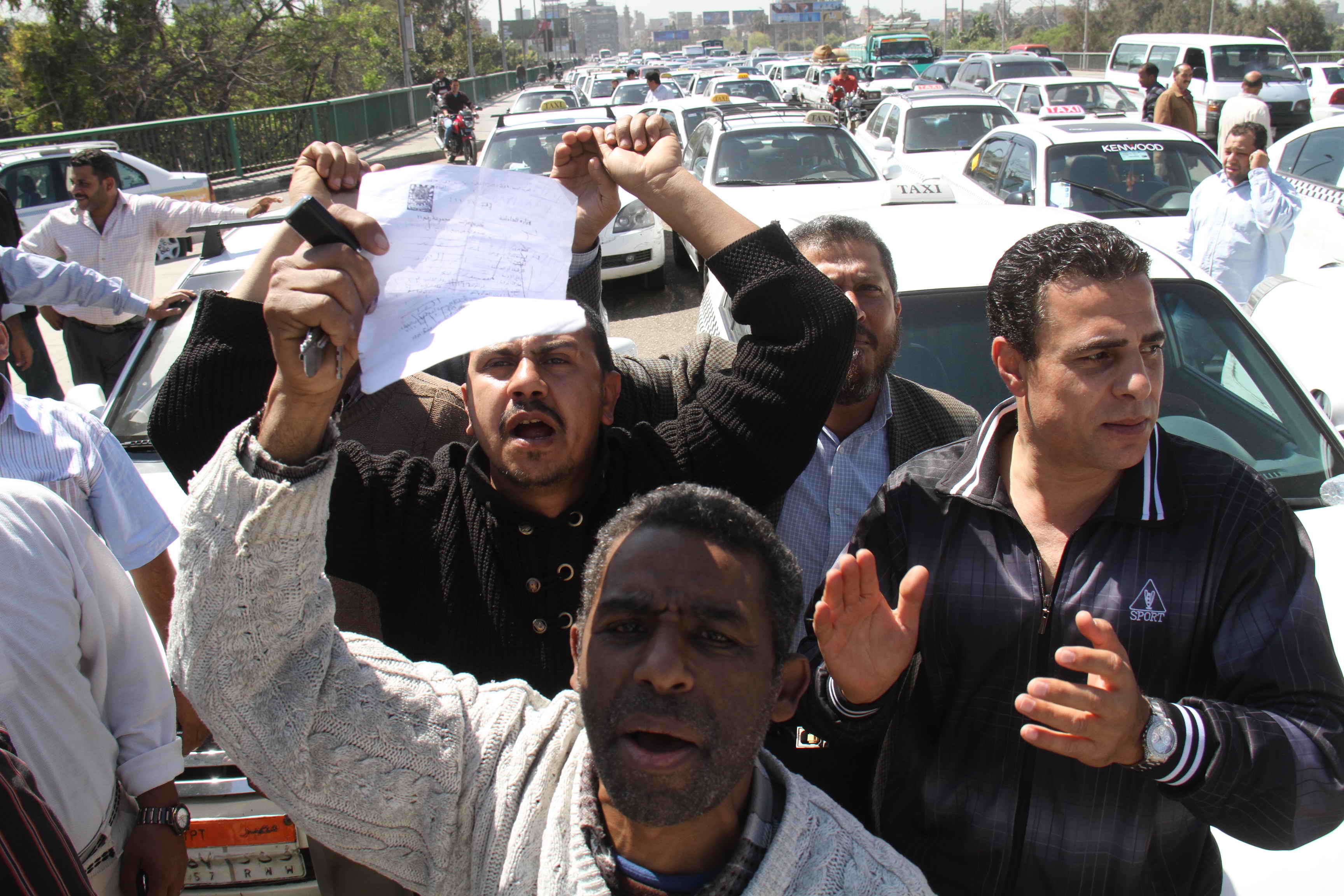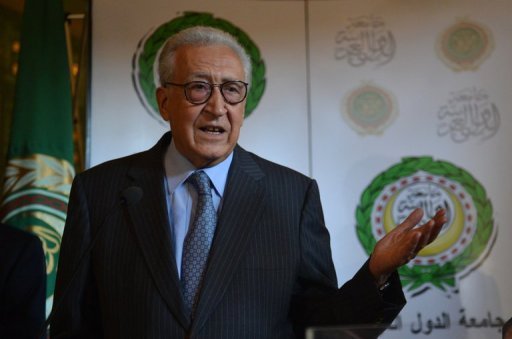“President Abdel Fattah Al-Sisi insists on the presence of the Palestinian unity government in Gaza as he realises the importance of ending the division within Palestine,” said political analyst and Palestine expert Osama Shaath.
Control over border crossings is among the attributes of state sovereignty, and the Egyptian state does not deal with “political parties or militias”, thus an official Palestinian presence needs to exist on the other side of the border, explained Shaath.
During his meeting with President Mahmoud Abbas on Saturday, Al-Sisi outlined the necessity of the Palestinian Authority’s return to the Gaza Strip and the need for it to be in control of border crossings. Al-Sisi added that the return would provide better access for Palestinians, in terms of services and the transport of goods.
Shaath affirmed this point, stressing that opening the border crossings would “bring life” to Gaza and facilitate reconstruction efforts. He added that donor countries had requested the presence of security forces belonging to the “legitimate government” on the borders in order to deliver the reconstruction funds.
Regarding the destruction of underground tunnels linking Sinai to Gaza, Shaath argues that the tunnels are used as an alternative to the crossings, with the justification of breaking the siege on Gaza. However, Shaath contends that tunnel operation is monopolised by opportunists, putting more pressure on Palestinians by multiplying the prices of goods, as well as further intensifying the division.
A week earlier, the Palestinian movement Hamas had announced its rejection of the Egyptian plan to build salt-water channels along the border with Gaza, claiming that it would threaten a large number of houses on Palestinian territory and endanger underground natural waters.
Shaath argues that Hamas’ stance towards the issue is expected, as the destruction of the tunnels harms its interests, adding that Hamas insists on maintaining its “illegitimate” grip on all aspects of life.
Security analyst Khaled Okasha shared the same view, stating that Hamas is exaggerating the issue, since the destruction of the tunnels is considered a normal security procedure and a prerogative of the Egyptian regime.
“Hamas has been refusing to implement any of its reconciliation agreements which were done under Egyptian and Arab mediation,” said Shaath. “Therefore, Hamas does not want national reconciliation as it continues its refusal to hand over responsibilities to the Palestinian unity government, in contradiction with previously signed reconciliation agreements.”
Shaath concluded that the destruction of the tunnels would bring a faster end to division and pressure Hamas into accepting reconciliation, because gains from the tunnels would come to a halt and Hamas would have no alternative other than reconciliation.
The political analyst added that destroying the tunnels would also end allegations of terrorists infiltrating Sinai from Gaza, and vice versa.
Hamas has been the ruling authority in the Gaza Strip since 2007, when it won the parliamentary elections, defeating the then-ruling Fatah party.
Hamas assuming control over the Gaza Strip was considered a turning point in the history of the tunnels. Since then, a full blockade on Gaza by Israel ensued, leading to increased reliance on the tunnels for the transfer of goods.


